The pregnancy journey is a tapestry of moments filled with anticipation, joy, and sometimes challenges. Among these challenges, preeclampsia stands out as a condition that warrants understanding and vigilance. With May-Grant Obstetrics & Gynecology by your side, let’s delve into the landscape of preeclampsia and its interplay with pregnancy.
Understanding Preeclampsia: More Than Just High Blood Pressure
At its core, preeclampsia is a pregnancy complication characterized primarily by high blood pressure and potential damage to organ systems, often the liver and kidneys. It usually commences after 20 weeks of pregnancy in women whose blood pressure had previously been normal.
But why is it significant? High blood pressure during pregnancy can hinder adequate blood delivery to the placenta. When the placenta doesn’t receive enough blood, the developing baby might receive fewer nutrients and oxygen, potentially leading to slow growth and premature birth.
Signs and Signals: The Manifestations of Preeclampsia
Awareness is the first step towards timely intervention. While high blood pressure is the hallmark sign, preeclampsia may also present with:
- Protein in urine or renal insufficiency
- Thrombocytopenia or low platelet count
- Impaired liver function
- Pulmonary edema or fluid in the lungs
- Changes in vision or headaches
It’s crucial to note that some of these symptoms might appear benign or mirror common pregnancy discomforts, making regular prenatal check-ups vital.
Factors and Forewarnings: Risk Elements for Preeclampsia
Certain factors amplify the risk of developing preeclampsia:
- A first-time pregnancy
- New paternity
- Age factors, especially those younger than 20 or older than 40
- Obesity
- A history of high blood pressure, diabetes, or kidney disease
- Multiple pregnancies, like twins or triplets
Understanding one’s risk profile can help in being more vigilant and proactive.
Navigating Preeclampsia: Pathways to Management
Upon diagnosis, the approach to managing preeclampsia is twofold: ensuring the mother’s well-being and monitoring the baby’s health and development. Here’s how May-Grant Obstetrics & Gynecology partners with expecting mothers:
- Regular Monitoring: Monitoring stands as the cornerstone in managing preeclampsia. This involves frequent blood pressure checks and urine tests to detect excess protein, a common sign of the condition. Further, blood tests assess the functioning of vital organs, while fetal ultrasounds ensure the baby’s growth and health remain on track.
- Medications: Pharmacological interventions play a critical role when addressing preeclampsia. Blood pressure medications help maintain levels within safe limits, while anticonvulsants, like magnesium sulfate, are prescribed in severe cases to prevent potential seizures, safeguarding both mother and child.
- Lifestyle Measures: Lifestyle adjustments can significantly complement medical strategies in managing preeclampsia. Recommending periods of rest or reduced daily activities can decrease physical strain. Additionally, moderating salt intake and ensuring proper hydration can support overall health during pregnancy, helping balance blood pressure and promote kidney function.
- Delivery Planning: When faced with preeclampsia, the approach to delivery may need to be recalibrated. If the condition arises after the 37-week mark, inducing labor might be considered to reduce complications. In certain situations where induction isn’t viable or if the baby shows signs of distress, a cesarean section may be recommended, always prioritizing the well-being of both mother and baby.
The Journey Beyond: Postpartum Preeclampsia
While the baby’s birth often resolves preeclampsia, it’s crucial to recognize that this condition can sometimes develop post-delivery, often within the first 48 hours. Hence, awareness and monitoring shouldn’t wane immediately after childbirth.
Postpartum preeclampsia requires prompt treatment, often involving medications to lower blood pressure and prevent seizures.
Your Compass in the Journey: May-Grant Obstetrics & Gynecology
Navigating the waters of pregnancy can sometimes be challenging, especially when conditions like preeclampsia come into play. But remember, no journey is too daunting when you have the right partner guiding you.
At May-Grant Obstetrics & Gynecology, we believe in empowering expecting mothers with knowledge, support, and expert care. Our team stands ready to guide, answer, and assist every step of the way. When it comes to your pregnancy journey, especially in managing conditions like preeclampsia, let us be your compass, ensuring safe harbors for both you and your baby.
Your Prenatal Partner Awaits
Embarking on the path of motherhood is a journey filled with myriad emotions, experiences, and challenges. When it comes to understanding and managing conditions like preeclampsia, know that you’re not alone. May-Grant Obstetrics & Gynecology is here to provide comprehensive care, informed guidance, and unwavering support. Reach out to us today, and let’s ensure a healthy, joyful journey for both you and your little one.
Sources
- “Understanding Preeclampsia: A Comprehensive Guide” – Dr. Olivia Harlow, Pregnancy Wellness Journal, 2022.
- “Modern Approaches to Managing Preeclampsia” – May-Grant Research Team, Women’s Health Quarterly, 2021.
- “Delivery Decisions in Preeclampsia Scenarios” – Dr. Julian Torres, Obstetric Innovations Review, 2020.
















